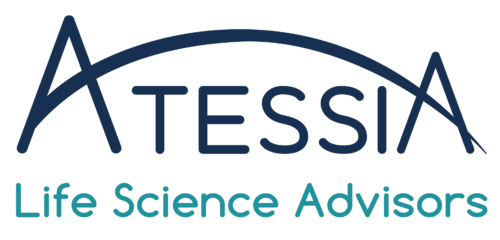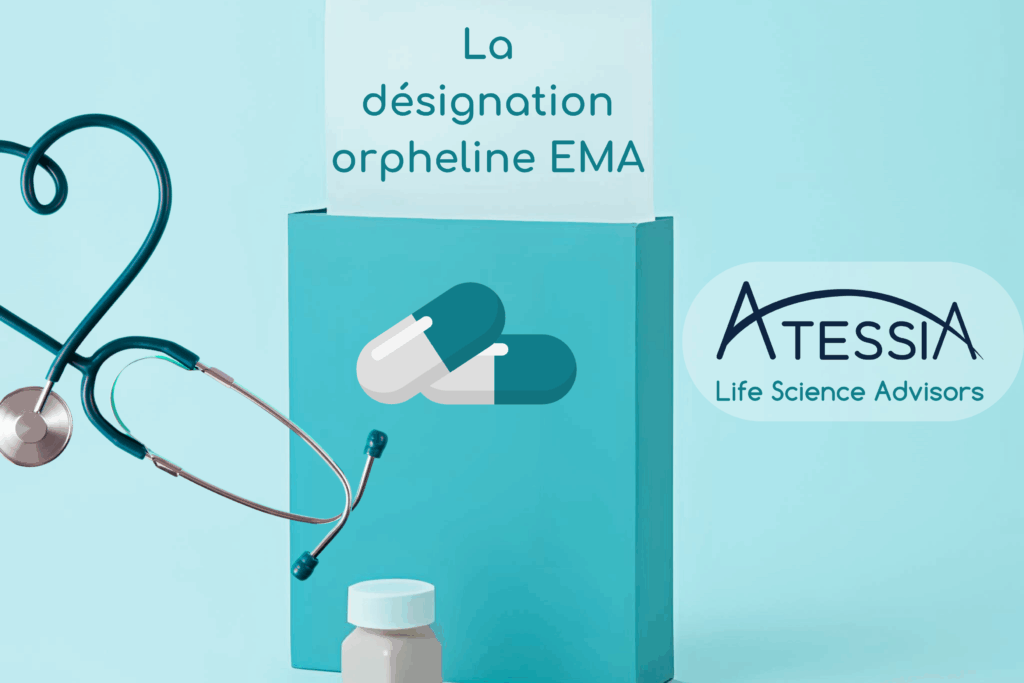In December 1999, the European Parliament and Council adopted Regulation (EC) No. 141/2000 on so-called “orphan” medicinal products. These are drugs developed to treat rare diseases. They are called “orphan” because the pharmaceutical industry has little interest in developing and marketing products that are only intended for a small number of patients.
This Regulation established a Community procedure for designating certain medicinal products as orphan medicinal products and introduced incentives to promote the research, development and marketing of such designated medicinal products. A large proportion of advanced therapy medicinal products claim orphan drug status. This “orphan drug” designation can be granted at any stage of the drug’s development, prior to obtaining marketing authorization.
However, certain conditions must be met. According to the regulations, in order to obtain orphan designation, the sponsor must demonstrate:
> that the medicinal product is intended for the diagnosis, prevention or treatment of a life-threatening condition or chronic disability affecting no more than 5 in 10,000 people in the European Union;
> or that, in the absence of incentives, the sale of this medicine in the EU is unlikely to generate sufficient profits to justify the necessary investment;
> and that there is no satisfactory alternative method or, if available, that the treatment in question will provide a significant benefit.
Once the “application” file is ready, the sponsor submits their application for orphan designation via the Regulatory & Scientific Information Management Platform (IRIS*).
Applications for orphan designation are evaluated by a specific committee set up within the EMA, the COMP*. This committee is responsible for examining the applications for designation submitted, in order to issue an opinion to the European Commission within 80 days of receipt of the application. Subsequently, the Commission adopts its final opinion on an application for designation of a medicinal product as an orphan medicinal product within 30 days of receipt of the Committee’s opinion, in the light of the eligibility criteria set out in Regulation (EC) No 847/2000 laying down the provisions for implementation of the criteria for designation of a medicinal product as an orphan medicinal product and definitions of the concepts ‘similar medicinal product’ and ‘clinical superiority’.
Orphan drug legislation offers sponsors an attractive opportunity to benefit from reductions in regulatory fees payable to the EMA. This incentive leads to reduced fees for protocol assistance, MA applications, pre-authorisation inspections and post-approval MA variation applications.
Obtaining orphan drug status also brings many other significant advantages that manufacturers can benefit from, such as protocol assistance. This is scientific advice specific to orphan drugs that guides sponsors on the types of clinical studies needed to demonstrate the quality, significant benefits and risks of the drug.
Another factor encouraging sponsors to apply for orphan designation is the 10-year market exclusivity of their drug after MA is granted. Authorized orphan drugs benefit from ten years of protection from competition on the market from drugs with similar indications. That is, each indication with an orphan designation confers ten years of market exclusivity for that particular indication.
All of these incentives have proven successful since the implementation of orphan drug legislation in the EU in 2000. The ongoing revision of European drug legislation would retain most of the incentives, according to current discussions.
Atessia supports its clients in their efforts to obtain orphan designation for their drugs.
*IRIS: Integrated Regulatory Information System
*COMP: Committee for Orphan Medicinal Products
Article written by Blandine LATROBE, Regulatory & Pharmaceutical Affairs Consultant

